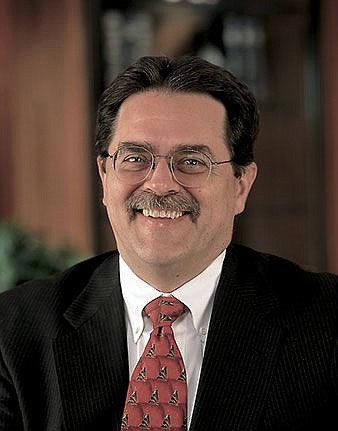
CSX Corp.’s second-quarter net income dropped 20 percent and revenue fell 12 percent, but Chairman and CEO Michael Ward wasn't discouraged.
“I think I feel very good about the results we produced in a tough economy,” Ward said Thursday after CSX released its earnings Wednesday afternoon.
CSX’s earnings per share fell by 9 cents in the quarter to 47 cents, but that was 3 cents higher than the average analysts’ forecast, according to Thomson Financial.
Shipments of coal, which had historically been the railroad company’s biggest business, plunged by 34 percent in the quarter but CSX reported volume declines across the board in almost every business segment.
“I think the industrial economy is having difficult times,” Ward said.
“A lot of our business is impacted by industrial business.”
The strong U.S. dollar is impacting CSX’s freight volumes, as it reduces demand for exports.
Ward does not expect last month’s Brexit vote, in which the United Kingdom decided to leave the European Union, to have a major impact on CSX.
“There is a lot of uncertainty in the U.S. and global markets about what it means,” he said. But “we do very little business directly with the U.K.”
While freight volumes are dropping, CSX continues to make progress on operational improvements.
The company’s operating ratio — operating expenses divided by revenue — actually rose from 66.8 percent in the second quarter of 2015 to 68.9 percent this year. However, that increase reflects the $360 million decline in revenue to $2.7 billion in the second quarter of 2016.
“It’s a pretty tough hurdle to overcome,” Ward said.
He also said the company achieved a record low operating ratio in last year’s second quarter, so it would have been very difficult to improve it this year.
“You’re comparing it to the very best we ever did,” he said.
Jacksonville-based CSX has been cutting jobs throughout its network in the Eastern U.S. this year because of the decline in freight volumes. Average employment companywide in the second quarter was 27,702, down from 32,191 a year earlier.
Ward said he expects at most a “modest reduction” in headcount the rest of the year, as long as volume levels remain consistent.
“If I could predict volumes, I could predict employment levels,” he said.